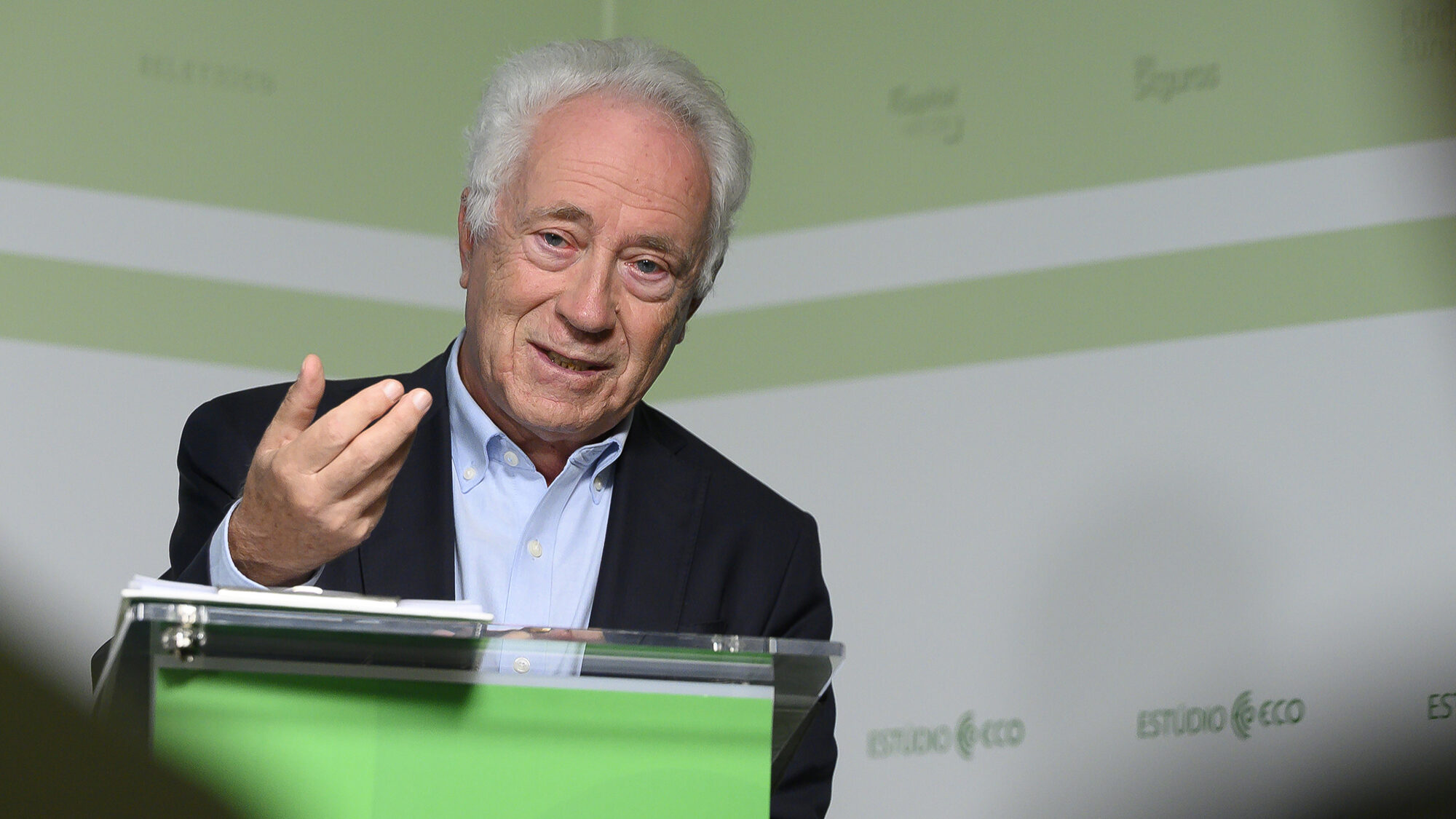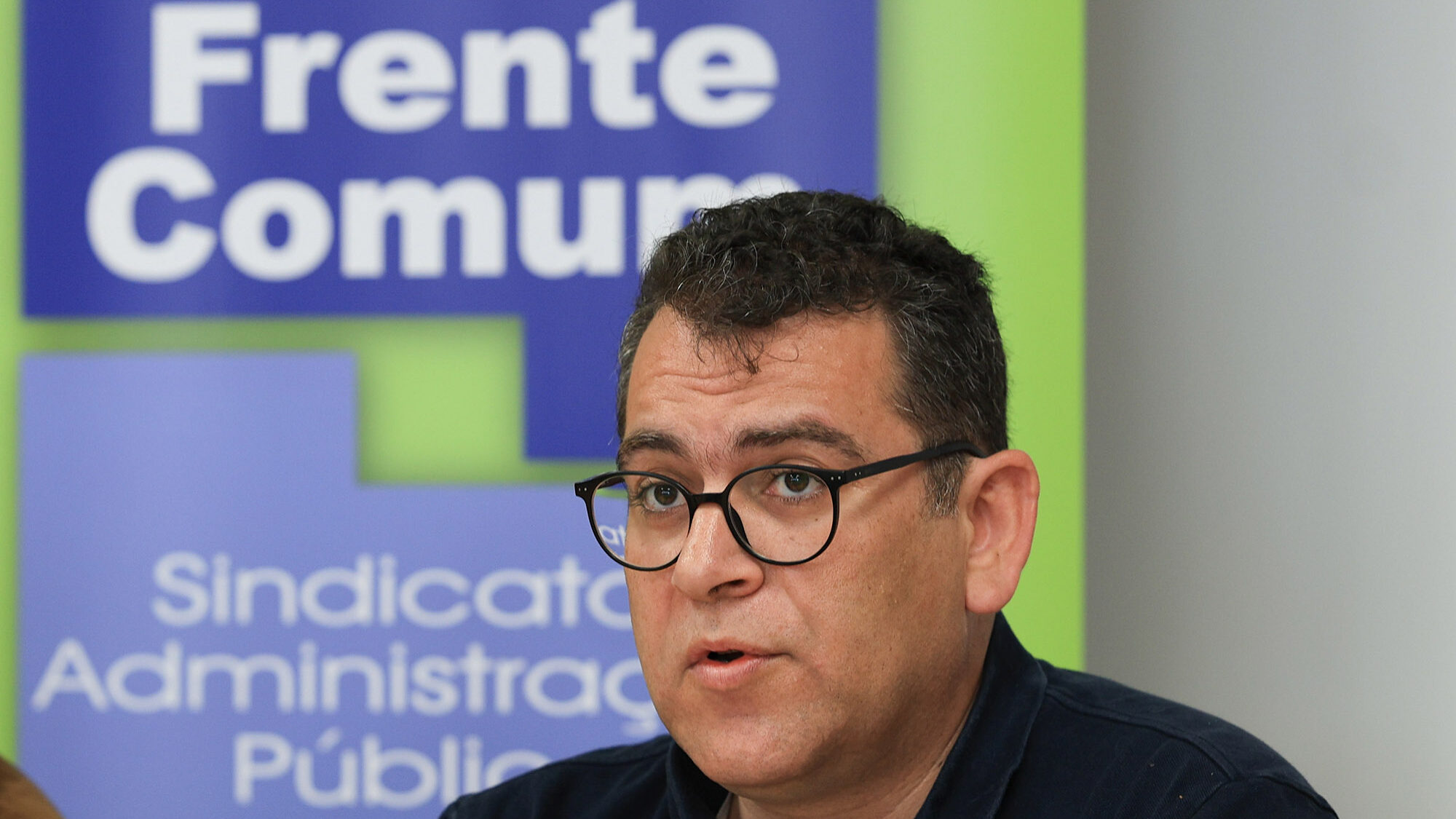Chaos at Lisbon airport prompts government to take emergency measures
The govt. has decided to set up a permanent team to manage passenger flows at the airport and says that measures are being taken to increase capacity and resources in the short, medium and long term.
For several months, passengers have been facing long queues at passport control at Lisbon airport. The situation worsened this October with the introduction of the new European entry and exit system in the Schengen area, with waiting times exceeding 90 minutes. The chaos spread from Humberto Delgado to social media and newspaper pages. Alarmed by the negative impact on the image of national tourism, the government decided to take emergency measures.
One of these measures, according to information obtained by ECO from various sources, was the creation of a working group, bringing together representatives from different ministries and entities to coordinate the response to the problem. This task force includes representatives from the Ministries of Internal Administration, the Presidency and Infrastructure, as well as entities such as ANA, the Internal Security System, the PSP and the National Civil Aviation Authority.
“The entities directly involved in the airport border control process are working together to mitigate the constraints that have been experienced, particularly at Lisbon and Faro airports”, said the Ministry of Internal Administration in a response to ECO. “A permanent flow management team has been set up and measures are being taken to strengthen capacity and resources, as well as operational and systems management, in the short, medium and long term”, it added.
ECO has learned that flow management involves, for example, reorganising the space at the airport for electronic passport verification kiosks in order to speed up passenger processing.
The government has had access to data pointing to a recent drop in passengers from the United States, which has contributed to reinforcing concerns about the problem at Humberto Delgado. Last week, the Portuguese Tourism Confederation (CTP) issued a statement protesting against the “chaos” at Lisbon airport, but also at Faro airport, demanding action from the government.
“The external image of national tourism and the country has been greatly affected in recent weeks due to long queues and delays at Lisbon airport, which have been recurring since May. This situation cannot continue!!!”, said the CTP.
The Portuguese Hotel Association (AHP) also sent a letter to the Prime Minister and the Ministers of Economy and Territorial Cohesion, Infrastructure and Housing, and Internal Administration, expressing “its deep concern about the situation at Humberto Delgado Airport in Lisbon (and, to a lesser extent, also in Faro) since the entry into force of the new European Entry and Exit System (EES)”. The entity led by Bernardo Trindade even considers that Humberto Delgado is in a “state of serious dysfunction”.
On 12 October, the first phase of the new European system for controlling the external borders of the Schengen area, the Entry/Exit System (EES), came into force, replacing traditional passport stamps with centralised electronic records. On 14 October, Humberto Delgado experienced a “critical day”, as João Ribeiro, deputy national director of the PSP and head of the National Foreigners and Borders Unit, acknowledged to Lusa, with waiting times exceeding 90 minutes.
On that day, when there was a greater flow of non-EU passengers, the problems were exacerbated by a lack of border police resources and electronic equipment failures, which led to huge queues not only on arrivals but also on departures, even causing passengers to miss their flights.
The problems of long queues at the airport were recurrent throughout the summer. In addition to the lack of sufficient staff at border control, the automatic kiosks had operational problems due to the high ambient temperature, which required the installation of new air conditioning systems.
The transition of workers from the Foreigners and Borders Service (SEF) also remains incomplete and continues to cause dissatisfaction. At the last Council of Ministers meeting, the Government approved a decree-law extending until 9 April the regime assigning Judicial Police inspectors to perform duties in the PSP in airport border control. This decision was not well received by the Union of Criminal Investigation Personnel of the Judicial Police (SPIC-PJ), which sent a note to Lusa rejecting the extension beyond the scheduled date (29 October) and accusing the Executive of “creating more tension in an area that is already troubled” and “jeopardising social peace”.
“The extension aims to ensure operational security and stability during the implementation phase of the Schengen Area Entry/Exit System”, the government explained. The Minister of Internal Affairs, Maria Lucília Amaral, was at Lisbon airport last Friday.
A new phase of the Entry/Exit System is expected to start in December, with the collection of biometric data from some passengers, still in the testing and sampling phase, which could further increase waiting times. The AHP warns in the letter, reported by Lusa, that “if human and technical resources are not quickly reinforced, the system will collapse in the face of the foreseeable increase in complexity and volume”.




